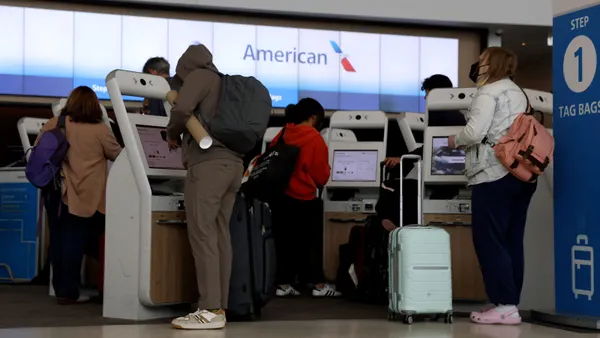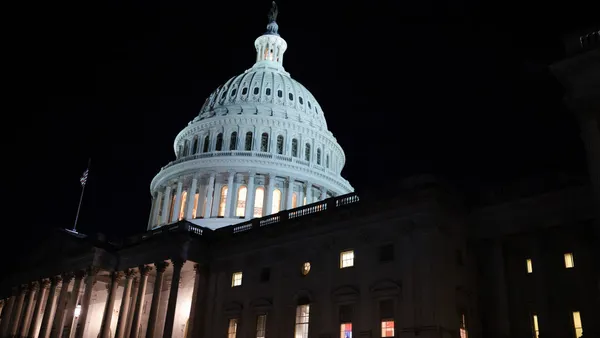Dive Brief:
-
The use of skilled foreign workers has led to lower wages for U.S. tech employees, according to new research by economists from the University of Michigan and the University of California, San Diego, The Wall Street Journal reports. The study examined employment and wages between 1993 and 2001 and was published in February by the National Bureau of Economic Research.
-
Without the H-1B program, wages in the tech industry could have been as much as 5.1% higher, according to the report. Employment of U.S. could have benefited as well without the program, with as much as 10.8% higher tech sector employment in 2001.
-
However, the report did find the visa program bolstered the U.S. economy and corporate profits. John Bound, professor at University of Michigan and one of the report's authors, said he does not believe the economic impact of high-skilled immigrants has changed dramatically since 2001, The Wall Street Journal reports.
Dive Insight:
Some experts argue the time period in which the data was collected makes it too old to be relevant, however they do concede few other reports accurately quantify the negative effects of the high-skilled immigration program.
The H-1B visa program is controversial, and likely to see changes under the Trump administration. Trump claims that the H-1B program brings in workers from outside the U.S. and displaces American workers for lower wage earners. The tech industry, however, has lobbied in support of the program's expansion, citing its benefits for bringing hard-to-find talent to the U.S.
Meanwhile, with the lottery date for the H-1B program looming, the U.S. Citizenship and Immigration Services (USCIS) said last week it will suspend expedited processing for H-1B visa petitions starting April 3. The suspension may last up to six months. It’s unclear, however, if the suspension has anything to do with impending H-1B reform efforts.













